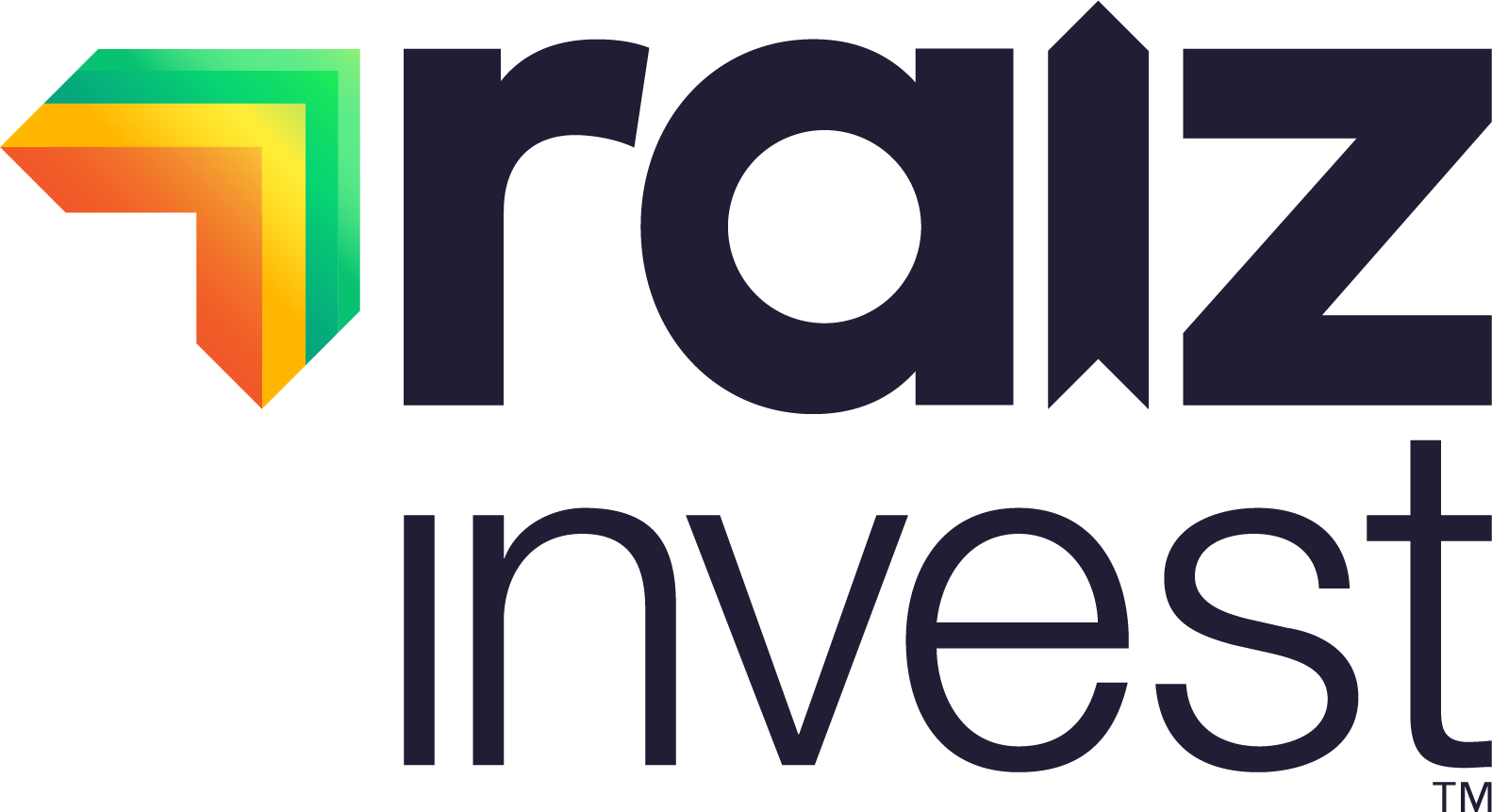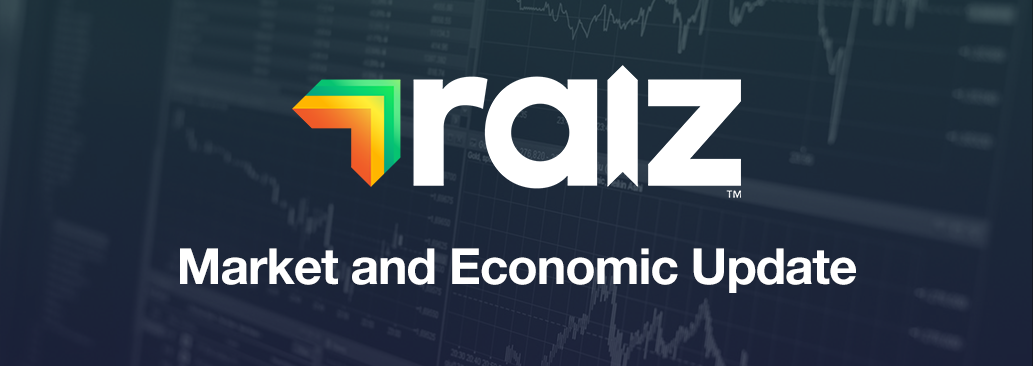Market and Economic Update – 11/03/2019
From Raiz CEO, George Lucas
GDP slowdown boosts chances of RBA rate cut
This week’s release of gross domestic product (GDP) data for Australia reinforces the view that the Reserve Bank (RBA) will hold or may even be forced to cut rates before too long.
That’s because the GDP data, released on Wednesday, showed Australia’s economy grew at its slowest pace in two years in Q4. On an annual basis, GDP growth declined from 2.8 per cent year-on-year in Q3 to 2.3 per cent — well below the RBA’s forecasts and consensus.
What’s more, GDP growth may fall to 2.0 per cent in 2019, potentially prompting the RBA to cut rates twice in the next 12 months. This is now what many are expecting.
Australian dollar under pressure
Following the release of the GDP data, the Australian dollar fell to a two-month low of US$0.70 and the 10-year Australian government bond yield fell to 2.10 per cent.
Indeed, if it wasn’t for strength in commodity markets the Australian dollar may have depreciated more against the US dollar. That suggests that if we do see commodity prices turn lower, the Australian dollar will probably fall sharply against the US dollar this year.
The link between the Australian dollar as a proxy for Chinese growth is also weighing on the local currency, especially while we are seeing a waning appetite for risk.
Turning to stocks, we doubt that a weaker local currency will prevent equities in Australia from falling this year if, as we expect, the US stock market comes under pressure. In fact, we suspect that the ASX200 will do just as badly as the S&P 500. Currently, the ASX200 is being supported by stronger commodity prices and the upcoming dividend season for bank stocks.
On the upside, a weaker AUD will be good for Australian Airbnb hosts during the Ashes.
Economic jitters hit US
Overseas, the latest US employment report is further evidence that the US economy is starting to falter. And with growth elsewhere also likely to remain weak, I think that equities in the US will fall this year, dragging down most stock markets across the globe.
According to the jobs report, non-farm payrolls increased by only 20,000 in February, well below consensus expectations of a 180,000 gain. But the report was not all bad news as the unemployment rate fell, and annual wage growth ticked up.
ECB downgrades growth outlook
Several other developments this week suggest that investors may continue to be too optimistic, not just about the US, but about the rest of the world too.
For instance, The European Central Bank (ECB) sharply lowered its growth forecasts and now expects growth of 1.1 per cent this year, down from its earlier forecast for 1.7 per cent.
Purchasing Managers’ Indexes (PMIs) also remain weak in many countries.
Central banks to the rescue?
As a result, even before the disappointing payrolls arrived, the S&P 500 index had lost nearly 2 per cent since Friday last week, while the Japanese yen — largely considered to be a safe-haven — was up by nearly 1 per cent against the US dollar.
Admittedly, policymakers have started to respond. As the US Federal Reserve (the Fed) did in late January, the ECB struck a more dovish tone at its meeting on Thursday, while Chinese authorities have announced more fiscal stimulus.
Looking ahead, the Fed may cut rates three times by 75bp in total in the first half of 2020, but not even one 25bp cut is fully discounted in the markets next year. Optimism prevails.
Despite such an outlook for monetary policy, I still think that in the short-term global growth will continue to weaken, putting pressure on corporate earnings and triggering a flight to safety. As such, most stock markets will drop soon, but I have been saying this for a while.
Don’t have the Raiz App?
Download it for free in the App store or the Webapp below:
Important Note: The information on this website is provided for the use of licensed financial advisers only. The information is general advice and does not take into account any person’s particular investment objectives, financial situation or investment needs. If you are an investor, you should consult your licensed adviser before acting on any information contained in this website.
Investors only: The information in this Document is confidential it must not be reproduced, distributed or disclosed to any other person unless it is part of their statement of advice. The information may be based on assumptions or market conditions and may change without notice. This may impact the accuracy of the information. In no circumstances is the information in this Document to be used by, or presented to, a person for the purposes of making a decision about a financial product or class of products.
General advice warning: The information contained in this Document is general information only. It has been prepared without taking account any potential investors’ financial situation, objectives or needs and the appropriateness of this information needs to be considered in that context. No responsibility or liability is accepted by Instreet or any third party who has contributed to this Document for any of the information contained herein or for any action taken by you or any of your officers, employees, agents or associates.





